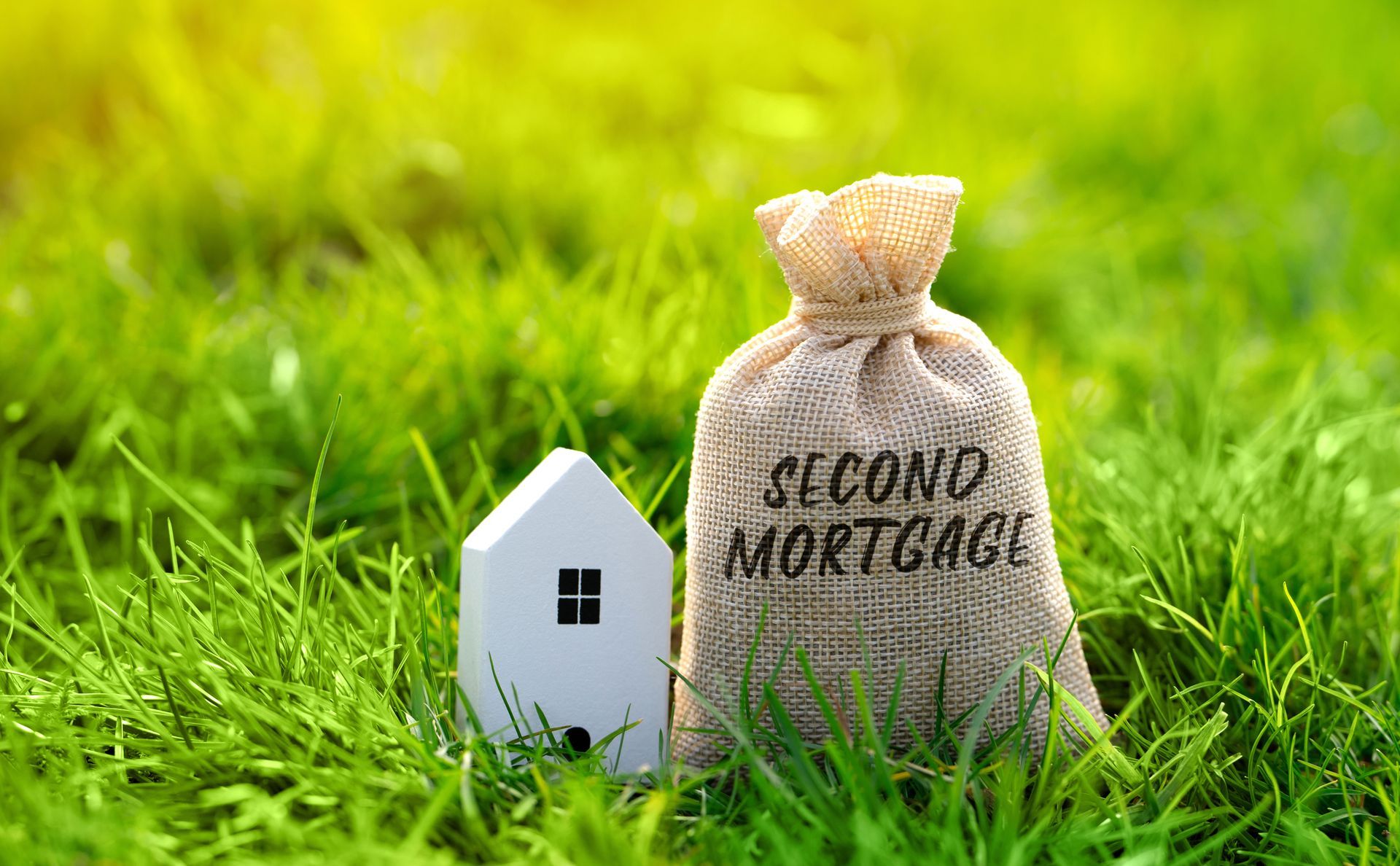February 3, 2026
There are many reasons to sell a home. Moving for a new job opportunity, upsizing, downsizing, financial changes, and other major life events can trigger a home sale. The process of selling a home can be expensive, time-consuming, and stressful. From repairs and renovations to staging and home viewings for potential buyers, sellers go through a lot to finally secure a deal and get their home under contract. Most sellers celebrate a successful sale. But what happens when a seller changes their mind after a contract has been signed? Real estate contracts are legally binding agreements. There can be huge legal and financial consequences for backing out of any contract. Sellers could have to pay fines and damages, and even be forced to sell their home anyway. Still, while a seller shouldn’t view backing out of their contract lightly, it is possible. Here, we will look at why—and how—some sellers are able to back out of a contract. When can a seller back out of a contract? There may be many reasons a seller wants to back out of a contract. It can be difficult to leave a place you call home. Some sellers find the emotional distress of leaving a beloved property more real after a contract has been signed. Sellers can also run into logistical issues when selling, such as not being able to find or afford a new residence. In more practical terms, a seller could get a better offer on the property. In terms of protecting yourself, the “why” of backing out of your contract does not matter as much as how you do it. Whether a seller can legally back out of a contract depends a lot on the clauses in the sale contract. These clauses, called contingencies, allow a buyer or seller to exit a purchase agreement under specific conditions. Some common contingencies include: The seller receives a higher offer from another buyer The seller has not secured a replacement home The seller experiences unexpected financial losses The property appraises for more than the buyer has offered The buyer fails to secure funding to purchase the home Contingencies can allow a seller to build an escape plan into the contract from the beginning. However, sellers should be wary and realistic about the contingencies they include. Buyers and their attorneys may be turned off by too many contingencies that favor the sellers interest over those of the buyer. There are other reasons, beyond contract contingencies, that a seller may be able to legally back out of a contract. Those include: Issues With Attorney Review In New Jersey, there is an automatic three-day attorney review period. This phase happens after both parties have signed the contract and lasts three days. During this time, buyers and sellers should have the contract reviewed by a real estate attorney. An attorney will go through the document and note areas of concern or where the contract is in need of revision. They may suggest adding contingencies to protect you in case you need to get out of the contract. You Reach a Mutual Agreement It is very possible that after you explain why you need to back out of the deal, the buyer will understand and agree to let the contract end. While the buyer is not obligated to agree to end the contract, it does not hurt to ask. It is very possible that the buyer, while being disappointed, would understand, depending on the circumstances. Fraud is Discovered If you can prove that the buyer made a fraudulent statement or that you are the victim of a scam, you can cancel the sale and end the contract. For example, a buyer is taking advantage of an elderly seller by offering a low price. In this case, the contract could be canceled for cause. What are the consequences of backing out? Sellers who attempt to back out of a real estate contract without cause can face costly consequences. Typically, real estate contracts are written with language geared towards protecting buyers more than sellers. A seller who goes back on the agreement could end up being sued for breach of contract. After this, the buyer could choose to sue for damages or even sue for ownership of the property. If this issue ends up in court, a judge could order the seller to sign the deed over to the buyer and complete the sale. Judges may also stack on other penalties, like: Returning the buyer’s earnest money deposit, plus interest Reimbursing fees paid by the buyer for inspections and appraisals Paying the listing agent the cost of the lost commission Breach of contract is a civil matter, not a criminal one. So while a seller may have their day in court, they typically do not need to worry about jail time. However, this should not diminish the stark financial consequences of breaching a contract. What are the buyer’s options? If a seller backs out of a contract without cause, buyers have a lot of protections. An experienced real estate attorney will be able to review the contract to determine exactly how it was violated. If the buyer decides to take the issue to court, they can sue the seller for breach of contract. Buyers should note, however, that regardless of the results of the court case, legal action can be expensive and time-consuming. Buyers are well protected, but they are also not guaranteed a satisfying result in legal action. How can a real estate attorney help a seller? The best way to protect yourself as a seller is to work with a real estate attorney from the very beginning. A real estate attorney can work with you to protect your assets and your interests while ensuring you are following the law. Real estate attorneys are experienced contract negotiators. They can recommend clauses, terms, and contingencies in the contract that can protect sellers from becoming in breach of contract. If a seller does want to exit a contract, working with a real estate attorney can help them find the legal path forward. Attorneys are expert negotiators who can work with the buyer to find a mutually agreeable resolution to end the contract. Ultimately, the onus is on the buyer to hold the seller responsible. Many folks are not going to want to worry about a legal battle and will cut their losses and resume the search for a new property. But if a buyer is insistent on a deal, there is not much a seller can legally do to get out of it. Veitengruber Law is an experienced real estate attorney in New Jersey. We help NJ homeowners protect their assets throughout every real estate transaction. Whether you are buying or selling, we offer knowledgeable legal advice for a smooth transaction. We offer contract writing and review, negotiation, title research, closing services, and more. Buying or selling property can be intimidating, but it does not have to be. Veitengruber Law is ready to help you achieve your real estate goals.











